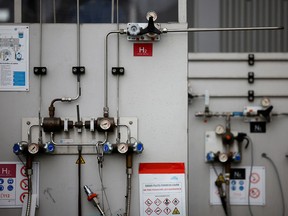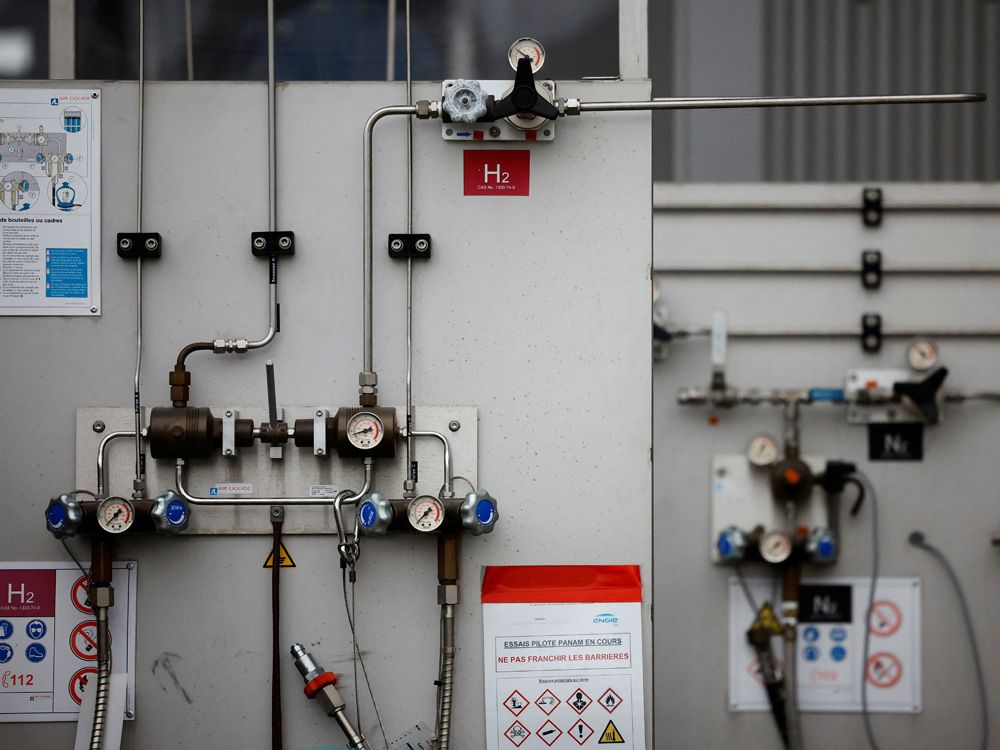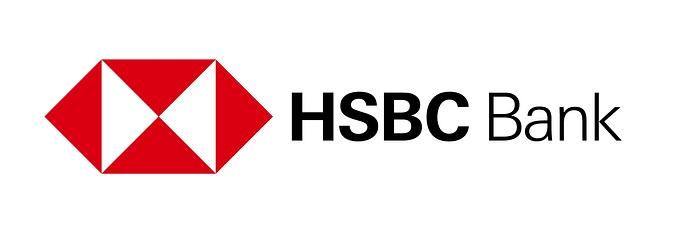‘It’s a great start, but the clock is ticking’

Article content
Canadian businesses have welcomed Ottawa’s proposed tax credits for investments in clean technology and hydrogen production, but say more urgent steps are needed to tackle the competitive challenges created by United States President Joe Biden’s Inflation Reduction Act (IRA).
Advertisement 2
Article content
The federal government’s fall economic statement on Thursday proposed tax credits of up to 30 per cent for investments in clean electricity generation systems and zero-emission industrial vehicles, and at least 40 per cent for investments in the production of low-carbon hydrogen.
Article content
Ottawa said the new tax credits were part of its response to the IRA, which encourages companies to locate their production in the U.S. through a mix of tax incentives, grants and loans to boost the clean energy and transportation sectors. Canada risks being “left behind” if it doesn’t introduce new measures to keep pace, the federal government said.
Article content
“It’s a great start, but the clock is ticking,” Dennis Darby, chief executive of the Canadian Manufacturers & Exporters (CME), said. “The signal … is positive and may cause companies to make sure they consider Canada in investment decisions. The problem is businesses tend to make decisions in the here and now; they don’t make decisions on the promise for the future. Timing matters.”
Advertisement 3
Article content
He said businesses will only know how competitive the new incentives are compared to the IRA once the federal government releases all the details in the next budget.
“The devil is in the details,” he said.
The devil is in the details
Dennis Darby
Similarly, Catherine Cobden, chief executive of the Canadian Steel Producers Association, said the tax credits were a good start, but businesses need more given the threat to Canada’s competitiveness.
“We don’t expect Canada to meet the IRA dollar for dollar,” she said. “The U.S and Canada have taken a very distinctly different approach. In the U.S., they are just looking at incentives. In Canada, we are looking at incentives plus … carbon pricing. So, to protect our competitiveness under the IRA, we need to be comprehensive in our approach.”
Advertisement 4
Article content
Brian Kingston, chief executive of the Canadian Vehicle Manufacturers’ Association, said the tax credits will not benefit the auto and electric-vehicle (EV) industries. He said the fall economic statement was “short on details,” since there was nothing specific on how the government plans to react to the competitive challenges the IRA creates in the auto sector.
The IRA encourages consumers to buy EVs through an incentive worth US$7,500. In Canada, that’s slated to be $5,000, which he said needs to be enhanced along with other EV adoption measures.
Kingston added the IRA puts Canada’s battery production at a “significant disadvantage” since it has a section that provides U.S. battery cell manufacturers with a yearly tax credit of up to $45 per kWh, which amounts to more than US$1 billion for a “typical” battery facility.
Advertisement 5
Article content
“We were hoping that the fall economic statement was going to have a little bit more detail on what the response would be,” he said. “Instead, what it has done is recognize what the challenge is here, which is encouraging, but it has punted the response down the road to the budget.”
The Mining Association of Canada said it welcomes the government’s proposal to provide up to $1.28 billion over six years to several federal departments including the Impact Assessment Agency of Canada, since it believes that will help smooth the mining-permit process that currently takes several years.
-

Ottawa unveils green energy tax credits of up to 40% in bid to keep up with Biden
-

Ottawa orders Chinese companies to exit three Canadian lithium miners
-

Cenovus chief says Canada needs to get serious on carbon capture in face of global competition
Advertisement 6
Article content
Mining is key to Canada’s goal of developing an EV economy because the country contains large amounts of the resources required to make batteries that power EVs.
Al Monaco, chief executive of Enbridge Inc., said the incentives will help close the gap with the IRA and help Canada gets its share of investment dollars.
“My read of this early on, it will be attractive for business here, both in terms of Canada attracting capital, but also for us specifically to our business generally,” he said at a conference call on Friday.
Darby at the CME also lauded the government’s proposal to spend money on addressing the immigration backlog, which he said was important to be competitive because manufacturers have been complaining they can’t get the people from outside Canada that they need.
“This is a pivotal time in Canada’s history, where industries are going to pivot to the new greener, GHG-compliant electrification. We have got to seize that moment,” he said.
• Email: nkarim@postmedia.com | Twitter: naimonthefield



